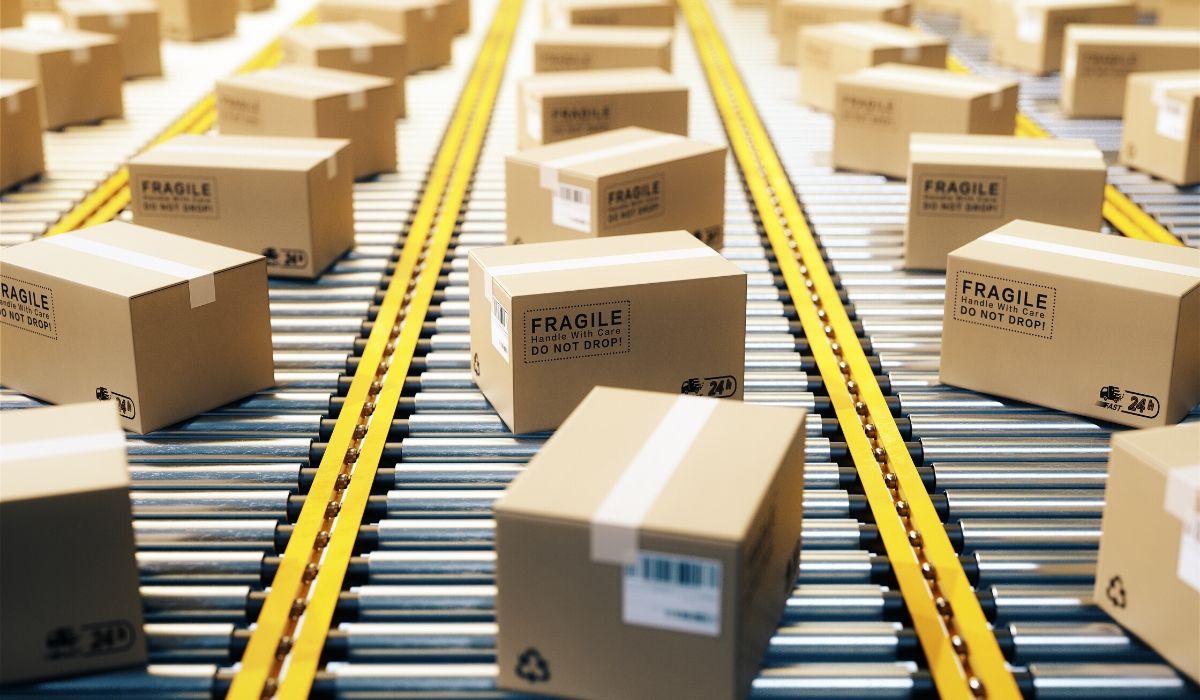The future of storage is decentralized. That’s the view of web3 proponents and crypto advocates, and it’s certainly the one held by RSK. The Bitcoin smart contracts company has expended significant effort on perfecting RIF Storage, its decentralized storage solution, and it’s working mechanism just secured the adoption of a major client willing to utilize the service.
dexFreight is a decentralized logistics platform that’s committed to the RSK ecosystem, including RIF Storage and Payments, which it’s now intending to integrate. Bills of ladings, proof of deliveries, and other documents inherent to the logistics business will be encrypted and stored using RIF Storage, with timestamps attesting to their validity. RIF Storage was constructed with the aid of decentralized storage specialists Swarm, and enables users to select a range of distributed storage options including IPFS.
“The incentives system powered by RIF will enable freight brokers, carriers, and shippers to be proportionally rewarded for participating in the network,” explained Adrian Giannini, Co-Founder, and CTO of dexFreight.” These incentives are aligned with our web3 philosophy of destroying data silos while allowing the users to retain full control, ownership, and privacy or their data.”
The Case for Decentralized Storage
Storage has been one of the slowest components of the web3 stack to be mastered on account of the complexity associated with implementing such a herculean task. Decentralized storage solutions typically encrypt files and distribute them into shards which are stored on the networked hard drives of users, with multiple shards used to provide redundancy. Just as the thousands of nodes on the Bitcoin network ensure that the blockchain’s current state can always be ascertained, the distributed storage of multiple file shards ensures that data will always be recoverable, even if some nodes should go offline.
A number of crypto projects have been pursuing the perfection of decentralized storage solutions over and above RSK. These include Filecoin and Store. The former’s testnet is finally live, two years on from its token sale, which attests to the difficulty of creating an operable decentralized storage system. The store has also been a long time in the making, having similarly begun fundraising in 2017. It’s developing a zero-fee, peer-to-peer cloud that will transform decentralized data into tradable money called data coins.
Reasons to Decentralize Data
Among the benefits touted by proponents of decentralized storage are its censorship resistance, which has become a recurring theme as the internet has become increasingly politicized, with de-platforming, account suspension, and geo-restrictions rampant. There are also more benign reasons as to why web content can become inaccessible on the centralized web including link rot, which causes content decay over time. As evidence of this, one university study discovered that 49% of all hyperlinks cited in US Supreme Court opinions are now broken.
In the case of companies like dexFreight, there are more pragmatic reasons for desiring distributed storage. The use of a storage solution that is not controlled by anyone entity in the supply chain enables parties to transact trustlessly, and without reliance on centralized databases that present a honeypot for hackers.



